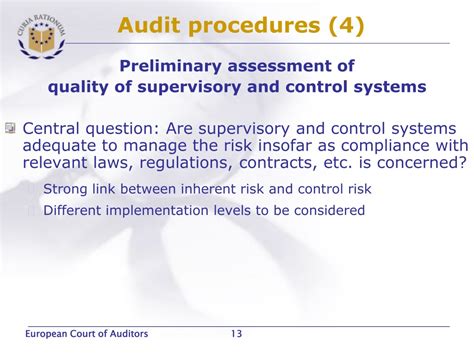The European Commission has a crucial role in ensuring that all EU member countries abide by the laws and regulations set forth by the European Union. However, a recent report from the European Court of Auditors highlights significant concerns regarding the Commission’s enforcement of these rules. Let’s delve deeper into the complexities and challenges faced by the EU in upholding its legal framework.
Slow Enforcement Process
One of the key issues identified in the audit report is the sluggish pace at which the Commission handles infringement cases. Despite opening over 9,000 cases between 2012 and 2023, there are considerable delays in resolving these matters efficiently. The auditors noted that while progress has been made in identifying breaches, enforcement actions often drag on for extended periods, leading to prolonged exposure to issues such as pollution and environmental degradation.
Department Disparities
The report also sheds light on disparities among different Commission departments when it comes to addressing infringements promptly. Some divisions, like agriculture, employment, and transport, have shown commendable efficiency in processing complaints within a reasonable timeframe. On the other hand, departments responsible for digital policy, energy, and environment consistently exceed deadlines for handling cases due to overwhelming caseloads and inadequate staffing levels.
Resource Constraints
Lefteris Christoforou of the Court of Auditors underlines various factors contributing to delays in enforcing EU law, including administrative hurdles, limited resources, and divergent interpretations of legal requirements across member states. These challenges impede swift remediation of violations and hinder effective implementation of EU directives aimed at protecting citizens and preserving natural habitats.
Financial Sanctions Dilemma
While most instances are resolved without resorting to financial penalties, some member states opt to pay fines rather than address underlying compliance issues. This practice not only undermines the essence of EU regulatory frameworks but also reflects differing priorities among nations regarding adherence to common legal standards. Christoforou acknowledges that complex corrective measures or conflicting domestic agendas may lead countries to choose monetary settlements over substantive reforms.
The Path Forward
To streamline enforcement procedures and expedite resolution of infringements, auditors recommend enhanced interdepartmental coordination within the Commission along with better allocation of personnel resources dedicated to handling cases promptly. By aligning priorities across various directorates general and optimizing workflow processes, the EU can work towards reducing backlog bottlenecks and fostering swifter compliance with established norms.
In response to criticisms leveled by auditors regarding timeliness issues in enforcement actions, the Commission acknowledged existing challenges posed by legislative intricacies and rigorous legal standards mandated by the Court of Justice of the European Union. While recognizing room for improvement in expediting decision-making processes related to rule violations,
In conclusion…
The audit findings underscore a pressing need for systemic reforms within the European Commission’s enforcement mechanisms to ensure efficient implementation of EU laws across member states. By addressing underlying structural deficiencies through enhanced oversight practices…
Whether these recommendations will translate into tangible improvements remains…









Leave feedback about this